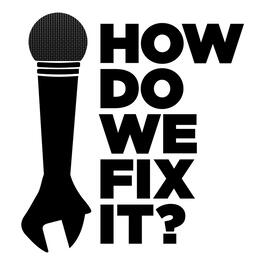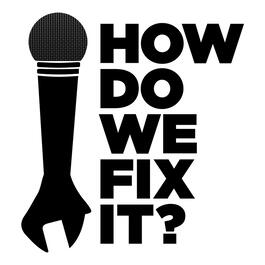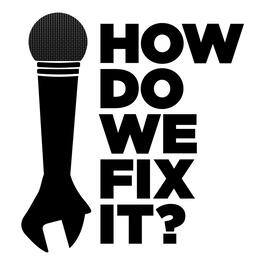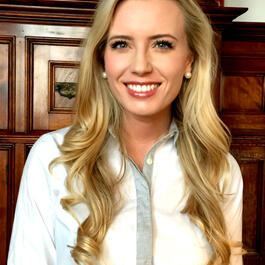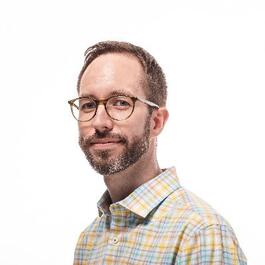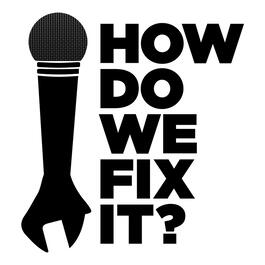
How Do We Fix It?
From politics to the personal, we're about bridging rigid partisan divides and listening with respect to different points of view. Our podcast is hosted by longtime journalist Richard Davies. We challenge authors, experts and provocateurs in a search for positive, practical ideas. Guests include David Blankenhorn, Mónica Guzmán, Dr. Francis Collins, and other leaders and members of Braver Angels. “How Do We Fix It?" - a repair manual for the real world. Produced by DaviesContent. Hosted on Acast. See acast.com/privacy for more information. Hosted on Acast. See acast.com/privacy for more information.
Show episodes
What is America’s role in a dramatically changing world? How does the health of our democracy impact other nations? In this episode we hear a rich mix of ideas in a conversation with podcaster, commentator, and former U.S. Deputy National Security Advisor Ben Rhodes. “Young people today are going to have to imagine a n
If you’re disturbed or simply turned off by America's rigid political divisions this is the show for you. We discuss creative skills and practices that put a little hope back in your political life Doug Teschner and Beth Malow are co-authors of the forthcoming book "Beyond the Politics of Contempt: Practical Steps to B
Ten years ago this month we launched our first show at a time of new beginnings for podcasts. We were early to this game, and well before podcasting became part of mainstream media. In contrast to other shows about politics and current affairs we ran against the grain, avoiding snarky slogans and angry attacks. How Do

Braver Angels First 100 Days Debates: "Is Trump Making America Great?" Jessie Mannisto
We release this show at a moment of high political drama. Economics, financial markets, and America’s relations with the rest of the world are in a state of tumult. So how on earth do we talk with and listen to people on the other side? Should you even try? Jessie Mannisto, Director of Debates at Braver Angels says “y
I don’t do this work in optimism. I do it in hope”, Braver Angels President David Blankenhorn tells our podcast. “If we’re going to have any chance to fix this and save our country, this is what needs to be done.” Soon after the tumultuous 2016 election Braver Angels sprung to life— co-founded by David, Bill Doherty an
What do you think of people who you totally disagree with about politics? Can you listen to their point of view and have a constructive conversation? Do you dismiss the other side as evil or deplorable? In this episode we hear from Wilk Wilkinson, a Christian conservative who voted for Donald Trump. He has working clas
